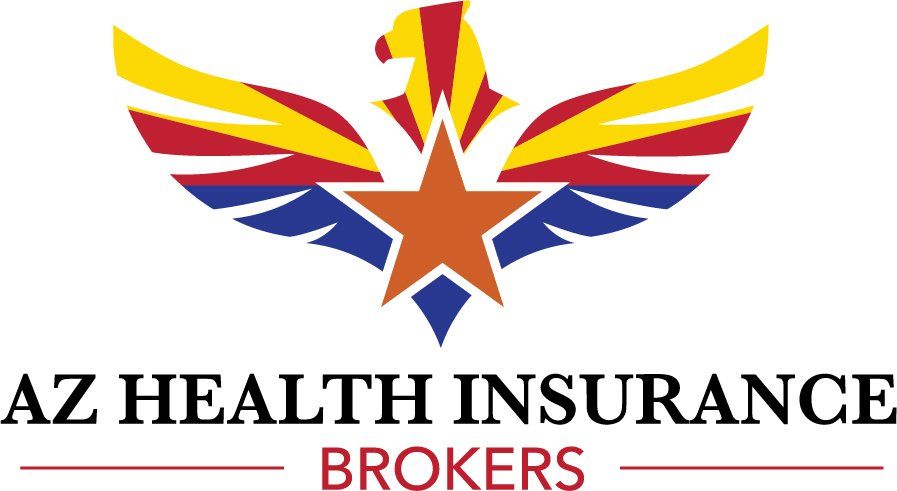Third-Party Administrators in the Medical Insurance World Explained
For businesses that want to offer health plan benefits to their employees, one option that’s different from a traditional group health insurance plan is using a third-party administrator, or TPA, for short. A TPA in medical insurance can provide flexible plan designs with potentially better rates compared to other group insurers. But there are considerations to keep in mind, like a lack of name brands and potentially higher rates when the plans are run poorly.
If you’re a business owner considering health benefits for your workforce, this guide to TPA for medical insurance explains how these programs work, so you can determine if one’s feasible for your business.
Key Takeaways
- Unlike a traditional group health insurance plan that may lock employers into rigid plan features, a TPA in medical insurance will customize plan characteristics based on the needs of the business. This means TPAs typically offer more plan design flexibility.
- Some potential advantages of using a TPA is that a business could end up spending less on a health plan, especially with a healthy workforce, as well as get more personalized customer support and claims negotiation compared to a traditional group health insurance plan.
- The disadvantage of a TPA is that your employees often won’t get access to big brand-name insurers. Rates may also be more expensive, but could also be less expensive, compared to traditional group plans.

How a TPA in Health Insurance Works
When a TPA handles health plans for an employer, those benefits are typically either self-funded or level funded. With fully insured group health insurance, an employer pays a fixed premium every month for a set number of benefits. With self-funded plans, the employer pays for employee claims. With level funded plans, the employer has a set premium, but may be able to capture profits from the healthcare plan at the end of the year if there’s a surplus.
- Self-funded health benefits are paid for by the company. Most self-funded group plans will be partially self-funded, which means there are other pieces of insurance in place to protect them in case of large claimants.
- Level funded health benefits are partially self-funded, where an employer pays into an insurance claims account, pays for stop-loss insurance when claims exceed a certain amount, and pays for health plan administration. While level funded plans may appear and be executed like fully insured plans, the carrier takes on the risk.
Looking at data like the company’s employee demographics, claims history and anticipated needs, a TPA will create a unique health plan that includes provider networks, pharmacy programs and other healthcare coverage. For companies that lack the resources to dedicate to health administration management in-house, a TPA can help manage health benefits, including acting as an outsourced claims processor, to ensure employee satisfaction.
Advantages of a TPA for Employer Health Plans
There are a few reasons to evaluate using a TPA for an employee health plan, even just during the consideration phase. Some advantages of these plans include:
- You can get another option for a quote. You can compare plan options and prices to other plans you’re considering, which can give you a better idea of how offers stack up against each other and what makes the most sense for your business.
- You could get potentially better rates. With self-funding and level funding options, depending on factors like the size and health of your workforce, you may be able to lower your costs compared to a fully insured plan with a higher set price for more coverage than you and your workforce actually need.
- Plan designs are flexible. Another potential advantage for small businesses is that a TPA can offer more flexibility in the plan design. These types of health plans are typically very customizable, so employers can gain more control over the plan features and pricing.
- There may be better claims management. Some TPAs will have the ability to negotiate large health insurance claims for their clients, which could ultimately keep utilization down and save business owners money.
- You may receive better customer service. Because TPAs don’t tend to be as big as popular brands like UnitedHealthcare and Aetna, that may result in a higher level of customer service and care than a business might get when they’re just a number at other companies. TPAs may offer a higher level of support and customer service than what a small business may get with a traditional group plan.
Even if you think it’s unlikely you’ll use a TPA for a health plan, consulting with one could offer benefits in that you’ll be able to compare what you learn to other plans you’re considering.
Disadvantages of a TPA for Employer Health Plans
TPAs may not provide all the advantages listed above to every employer. Because employer-provided healthcare is such a serious benefit for employees, keep the following pitfalls associated with TPAs in mind.
- Your employees likely won’t get name-brand healthcare. The actual health insurers likely won’t be as recognizable as big names like Cigna or Blue Cross Blue Shield (BCBS) when you use a TPA for a group health plan. However, employees may still get access to the same medical provider network as a big-name carrier, so the actual difference in what’s covered may not be significant, other than the insurer name.
- There may be higher rates associated with TPA plans. For mismanaged plans, employers may encounter potentially higher rates, especially in annual increases. What may seem low now could go up significantly if the plan isn’t managed well.
- A smaller risk pool could increase costs. With a larger risk pool, healthcare costs are spread out over a larger number of covered employees, which can result in more predictable risk and lower overall health insurance costs for a business. With a smaller risk pool in a plan managed by a TPA, insurance rates may be higher, because there’s less predictability due to a smaller group of individuals.
- It may be more difficult to get accepted into a TPA platform. Since TPAs typically are smaller than large traditional insurers, they may also be more selective in which groups they allow onto their platform. Even if you find a TPA you’re interested in, you may face more competition in getting accepted.
TPAs can help businesses manage self-funded or level funded health plans, but they also come with a cost. When a business works with a traditional health insurer, administration processes are simple because the insurer helps take care of those duties. A TPA in health insurance adds another layer to a business, which could positively or negatively impact employee sentiment, depending on how health plan administration is carried out.
Need Help Deciding If a TPA Is Right for Your Business?
Expanding health benefits to your employees, or choosing a better health plan selection compared to what you currently offer, can have a positive impact on your business. A TPA can help with some of the administrative details of health plans, but there are also risks like higher rates and increased risk.
AZ Health Insurance Brokers can help you navigate the complexities. We can educate your business about group health insurance options in Arizona, and help you decide if working with a TPA can help save your business time and money while offering better solutions for your employees. We’re your advocate in helping your business succeed, especially with important benefits like health insurance plans.
To learn more about TPA options in Arizona and if one’s right for your business, contact us online, call 602.617.4107, or email info@azhealthinsuracebrokers.com.
Third-Party Administrator (TPA) in Health Insurance FAQs
What is a third-party administrator (TPA) in health insurance?
A TPA in health insurance performs tasks such as health plan policy administration, health insurance claims processing and customer service on behalf of insurance companies for businesses. TPAs in health insurance can help a business that wants to provide self-funded or level funded health insurance to employees, without the business having to administer the plan themselves.
Who benefits from a TPA in health insurance?
A TPA in health insurance can help a business shift administrative responsibilities away from their team and free up time and resources for other business tasks. TPAs can also work with employees when workers have questions about their health insurance policies, which, again, frees up time for the business.
What is the difference between a TPA and a health insurance carrier?
A health insurance carrier offers health insurance to customers. A TPA acts as the intermediary between the health insurance carrier and the insured. They help administer the plan and can help businesses provide a health plan without having to choose a traditional group health insurance plan.
What are some of the duties a TPA in health insurance takes care of?
TPAs in health insurance may take care of duties including health plan design for employers and their employees, cost analysis and cost containment measures, and member health plan medical management.
What are the disadvantages of a TPA in healthcare?
Some risks of using a TPA for a health plan may include a higher health plan rate, lack of brand-name carriers, high annual increases and the potential for poor customer service, depending on the TPA.











